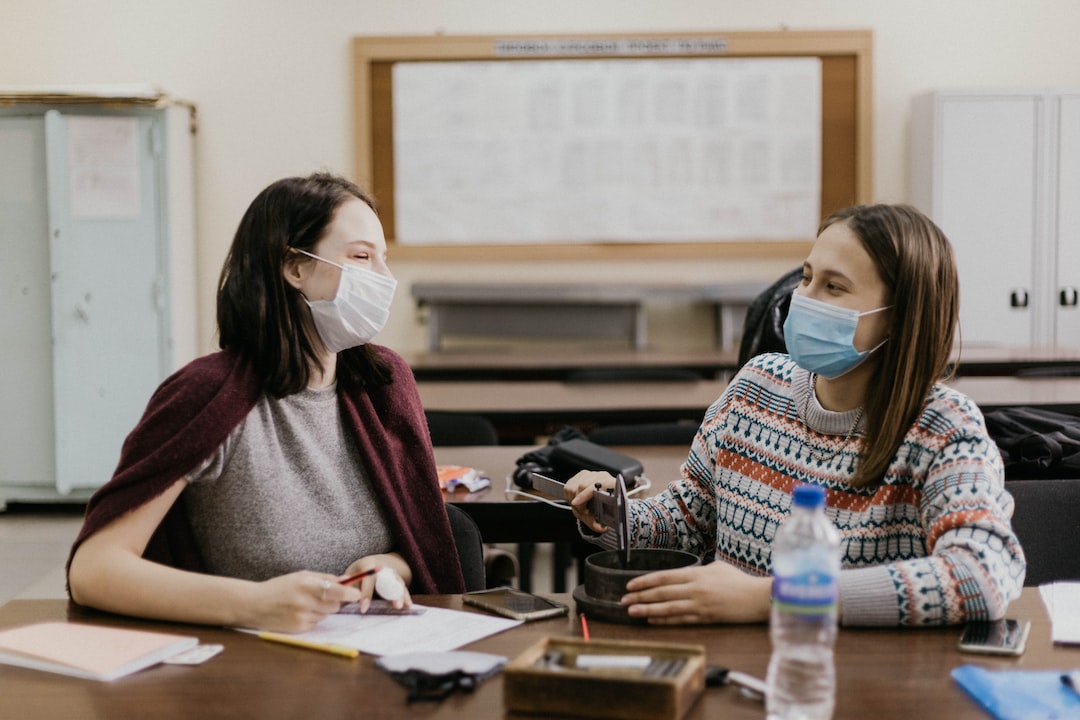Play is an important part of early childhood education. It allows children to explore, discover, and learn about the world around them in a way that is both fun and engaging. Through play, children develop their cognitive, social, emotional, and physical abilities.
Cognitive Development
Through play, children develop their cognitive abilities. They learn about cause and effect, problem solving, and critical thinking. When children play with blocks or puzzles, they develop their spatial awareness and their ability to visualize and analyze information. When they play with materials like sand, water, or play-dough, they learn about properties of matter like texture, viscosity, and buoyancy.
Social Skills
Play also helps children develop social skills. They learn how to cooperate, communicate, negotiate, and compromise with others. When children play with their peers, they learn about social conventions like taking turns, sharing, and respecting others’ feelings. They also develop their empathy and ability to understand others’ perspectives.
Emotional Development
Play can also help children develop their emotional regulation. When children engage in imaginative play, they can explore and express their emotions in a safe and controlled environment. They can practice coping strategies, such as taking deep breaths or counting to 10 when feeling frustrated or angry. Play can also help children build self-esteem and self-confidence by giving them a sense of mastery and accomplishment.
Physical Development
Finally, play contributes to physical development in early childhood. Gross motor skills like running, jumping, and climbing are developed through free play and outdoor activities. Fine motor skills are developed through activities like drawing, painting, and manipulating small objects. Sensory play, such as playing with mud or sand, helps children develop their tactile and sensory processing skills.
Integrating Play into Early Childhood Education
To make the most of the benefits of play, it is important to integrate it into early childhood education. Teachers can create a learning environment that allows children to explore, discover and learn through play. This can be done by providing children with a wide range of materials and tools to play with, like blocks, play-dough, puzzles, and art supplies. Teachers can also facilitate play by letting children choose their own activities and guiding them through open-ended questions.
In conclusion, play is an essential part of early childhood education. It contributes to children’s cognitive, social, emotional, and physical development, and it provides opportunities for children to have fun while learning. By incorporating play into early childhood education, teachers can help children develop the skills they need to succeed in life while still allowing them to be kids.

